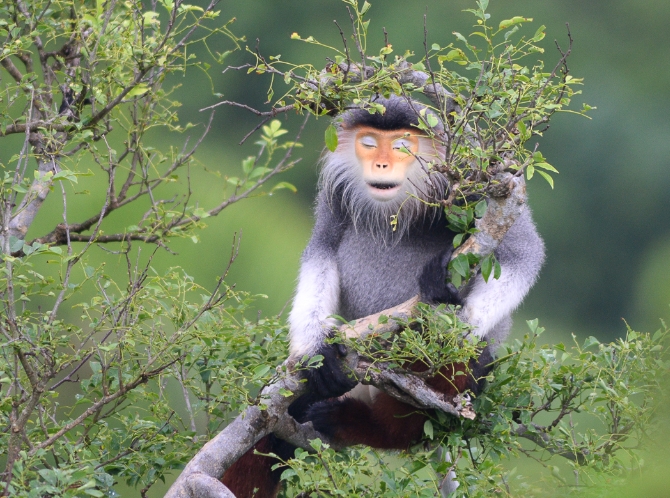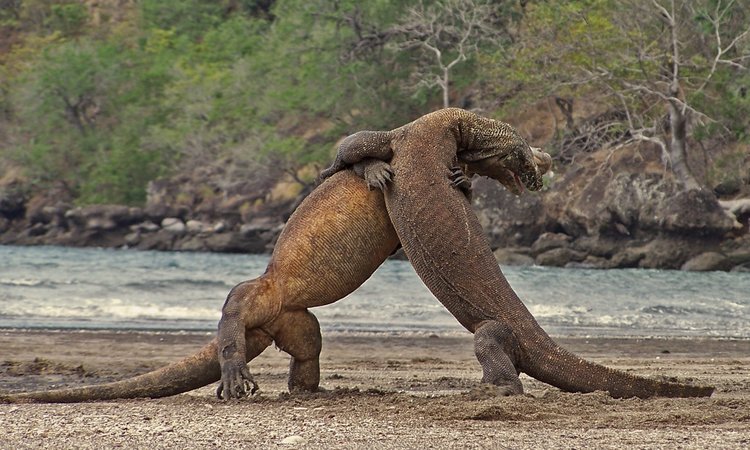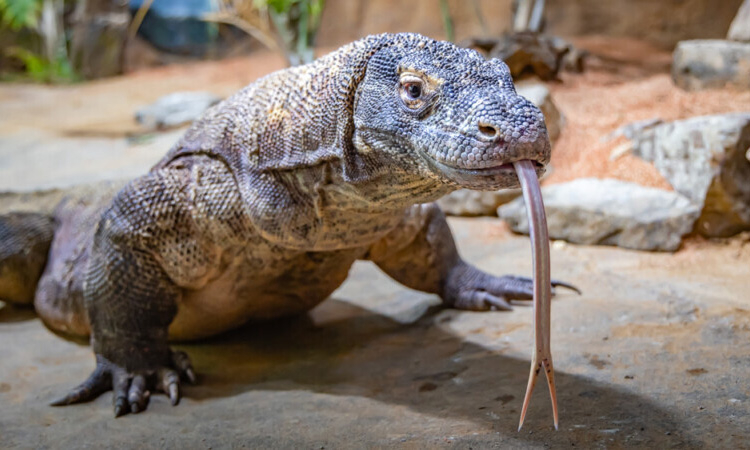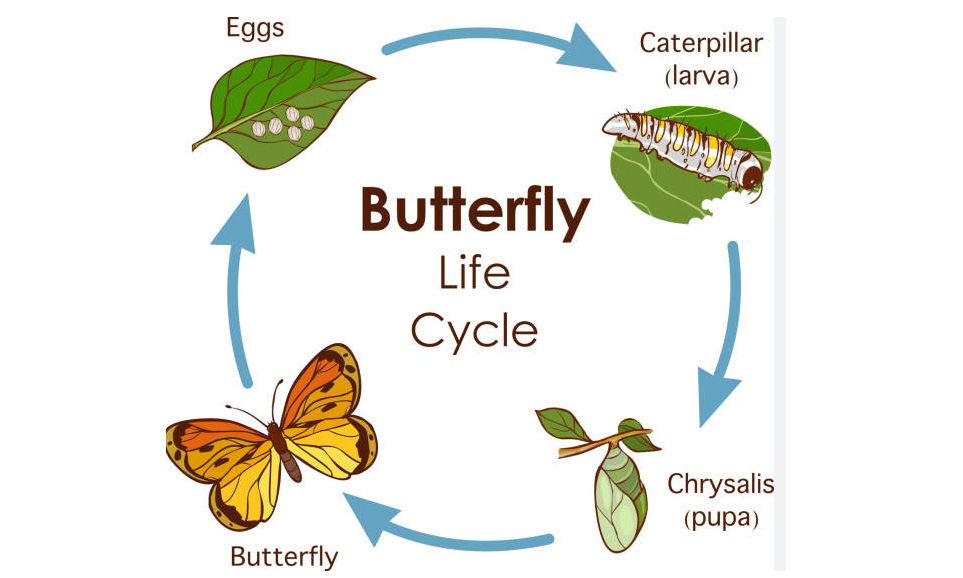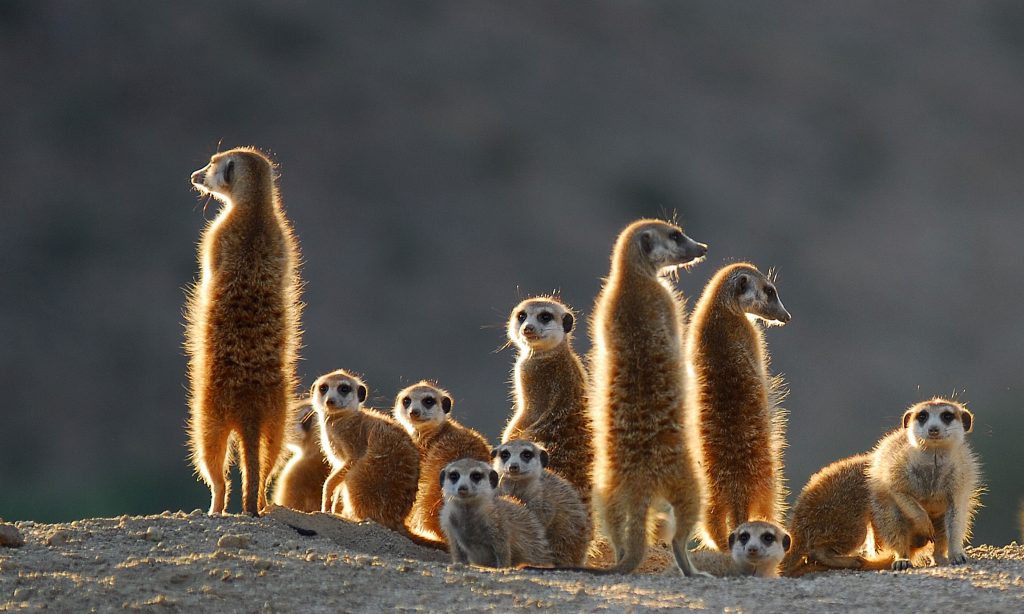Protecting the Unique Son Tra Monkey: Conservation Efforts Underway
The Son Tra Monkey, also known as the red-shanked douc langur, is a unique and endangered species found in the Son Tra Peninsula in Vietnam. Conservation efforts are currently underway to protect and preserve this rare primate.
Habitat Loss Threatens the Son Tra Monkey
One of the biggest threats to the Son Tra Monkey is habitat loss. Deforestation and urban development have encroached on the monkey’s natural habitat, leading to a decline in their population. Conservationists are working to establish protected areas and wildlife corridors to ensure the monkeys have enough space to thrive.
Poaching Poses a Dire Threat
Poaching is another major threat to the Son Tra Monkey. This species is prized for its colorful fur and is often targeted by poachers for the illegal wildlife trade. Conservationists are working with local communities to raise awareness about the importance of protecting these monkeys and to enforce strict anti-poaching laws.
Research and Monitoring
Conservation efforts are also focused on research and monitoring of the Son Tra Monkey population. Scientists are studying the behavior and ecology of these primates to better understand their needs and behaviors. By monitoring their population size and health, conservationists can track the success of their efforts and make informed decisions about future conservation actions.
Community Engagement and Education
Engaging local communities is crucial in the conservation of the Son Tra Monkey. Conservationists are working with residents in the Son Tra Peninsula to educate them about the importance of protecting these monkeys and to involve them in conservation efforts. By fostering a sense of stewardship and responsibility, conservationists hope to create a sustainable future for the Son Tra Monkey.
Protecting the Son Tra Monkey is a challenging but essential task. By working together with local communities, enforcing strict anti-poaching laws, and preserving their natural habitat, conservationists are committed to ensuring the survival of this unique and endangered species for generations to come.
